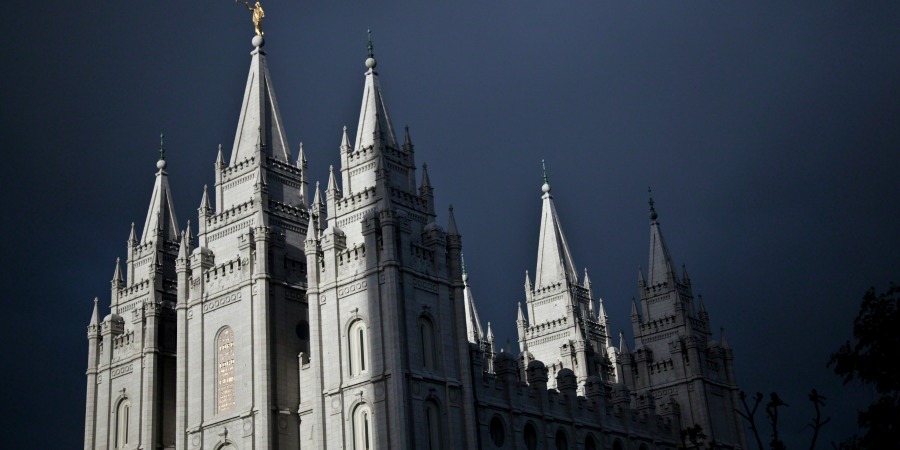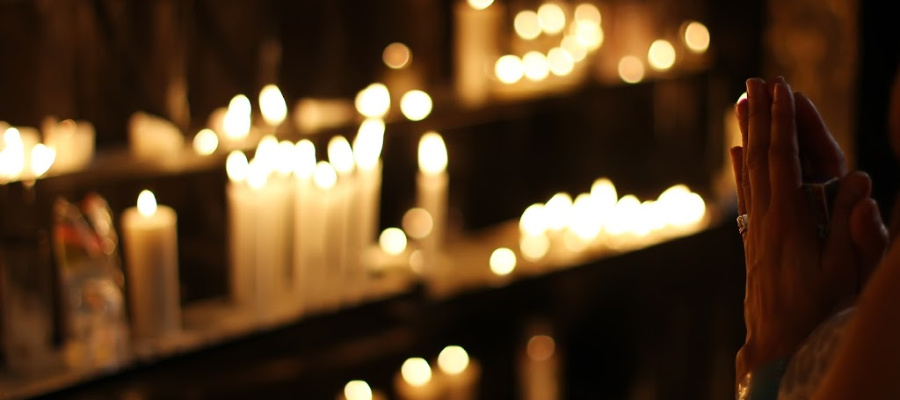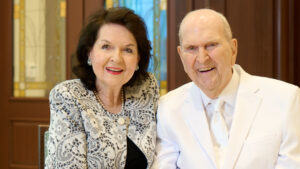
5 Assumptions New (And Old) Converts Make About the Church, But Shouldn’t
Off the top of my head I can think of about 11.
That would probably be my response to the question, “How many of your friends have joined The Church of Jesus Christ of Latter-day Saints and then fallen away within a few years?”
Those who choose to leave our faith have their reasons. Some make more sense to me than others, but God has given us the freedom to choose our path. He respects that freedom. So should we. Those who leave deserve every ounce of love and acceptance we can muster. Some are passing through trials we could never hope to understand. But there are also some that leave simply (or not-so-simply) because what they expected to find in the Church was very different than what they found.
In a hopeful effort to inoculate newcomers to the dangers of unmet expectations, here are 5 assumptions some new converts (and old ones, for that matter) make, but shouldn’t:
1. Joseph Smith was perfect
I think many Latter-day Saints may know cerebrally that prophets make mistakes (it’s really beating a dead horse at this point), but when we’re actually confronted with real mistakes past prophets have made, some of us still tend to freak out a little. No other prophet, perhaps in the history of the world, has fallen under as much widespread scrutiny as Joseph Smith.
Of course, our missionaries don’t need to review a list of Joseph Smith’s mistakes with investigators before they teach about the Restoration, but new converts should understand that prophets are exactly as human as you and I. Joseph takes the most heat, but the same principle applies to Brigham Young all the way down the line to Russell M. Nelson.
Prophets are not necessarily called because they are the most righteous, smart, or wise people the world has to offer. God doesn’t project those expectations on them, and neither should we. He calls the right person for the right time.
2. Church history is spotless
When all you know about Latter-day Saint history is that a boy had a vision of God and then miraculously translated an ancient record, it’s easy to expect all of Church history to be equally as spectacular.
It’s not.
It’s true that our history is one of miracles, revelation, and restoration. But it’s also a history of struggle, pain, and instruction. It’s often a “two steps forward, one step back” sort of story. And that’s perfectly OK and totally compatible with the truth claims we make.
3. It’s always revelation, and it’s always clear
One of the reasons some people expect the Church to be composed purely of butterflies and rainbows is the fact that we claim our prophets receive revelation from God to guide us. If God is telling the prophets what to do, everything should be done exactly right … right?
Well, no.
That kind of assumption is based on the faulty notion that revelation is always clear, and is constantly flowing. That’s not the case. It’s more complicated than that. Frankly, it’s more beautiful than that. Here are a few principles of revelation to keep in mind:
- God doesn’t just want to tell us stuff, He wants to teach us stuff—even the prophets. God oftentimes uses revelation as a tool to help us learn how to better communicate with the Spirit and how to “be anxiously engaged in a good cause, and do many things of [our] own free will … For the power is in them, wherein they are agents unto themselves.”
- Along a similar vein: God doesn’t just want to work for you, he wants to work with you.
- Revelation is not always a singular event you can put a time-stamp on.
- Revelation is often fragmentary and is later built upon.
- Revelation can sometimes be hard to detect.
- Sometimes the prophet may receive revelation in the form of a broad doctrinal truth, and is then left to his own devices to determine how to best apply that revelation in the form of effective (or sometimes not-so-effective) policies and procedures.
4. We have a monopoly on truth
Nope. Not true.
All truth is part of the gospel of Jesus Christ and plenty of other faiths are teaching a huge amount of truth out there! Non-Latter-day Saints can feel the Spirit. They can receive revelation. God listens to them and can answer their prayers, too.
Gospel truth is gospel truth, no matter where it comes from.
Yes, we claim to have (and do have) access to the fullness of the gospel while other faiths are missing a few pieces (priesthood, essential ordinances, etc.). But we should recognize and celebrate the truths we have in common and the unique perspectives on those truths that they offer.
5. We have all the answers
We have the restored gospel of Jesus Christ. But that doesn’t mean we have answers for every question out there.
We don’t.
There are plenty of questions about God, the gospel, and the plan of salvation we don’t have answers for. Heck, there are tons of questions about even our own history that we don’t have answers for. That said, I’d say that we do have answers for all the questions that truly matter. We know where we came from. We know the purpose of life. And we know (roughly) what’s going to happen to us after we die.
Related: Why are there 4 versions of the first vision?
Don’t get me wrong
The Church of Jesus Christ of Latter-day Saints really is a miracle. It is Christ’s church restored to the earth. We have great reason to rejoice. We do a lot (and I mean, a lot) of things right. The doctrines we teach bring peace and light to millions around the globe. Our missionary program is excellent. Our welfare program is one of the most effective assistance programs in the world. But I’m tired of seeing friends leave the faith they once held so dear. And all too often, I think these five assumptions are to blame.















